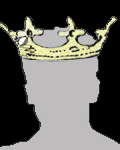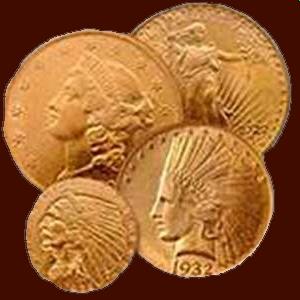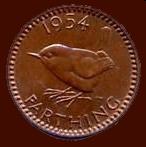








Designed by Nigel G Wilcox






The Paragon Of Metal Detecting
Powered By Sispro1
British Sterling Currency - Numismatics,
Penny
For Reference ONLY
Everything For The Detectorist
Harthacnut 1035-1042 AD Silver Penny
Royal Monarchy
Copyright © All Rights Reserved by Nigel G Wilcox · · E-Mail: ngwilcox100@gmail.com
INFORMATION - DATA
Pages
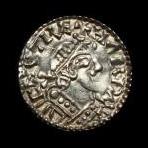
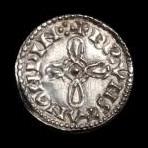
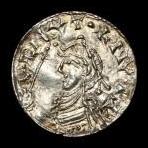
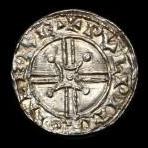
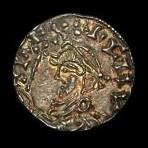
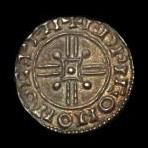
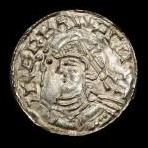
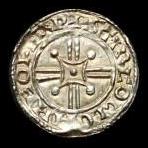
Estimated Value £6500 (2018)
Estimated Value £5250 (2018)
Estimated Value £4250 (2018)
Estimated Value £3400 (2018)
We do NOT buy or sell coins
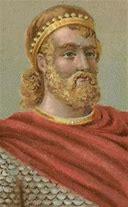
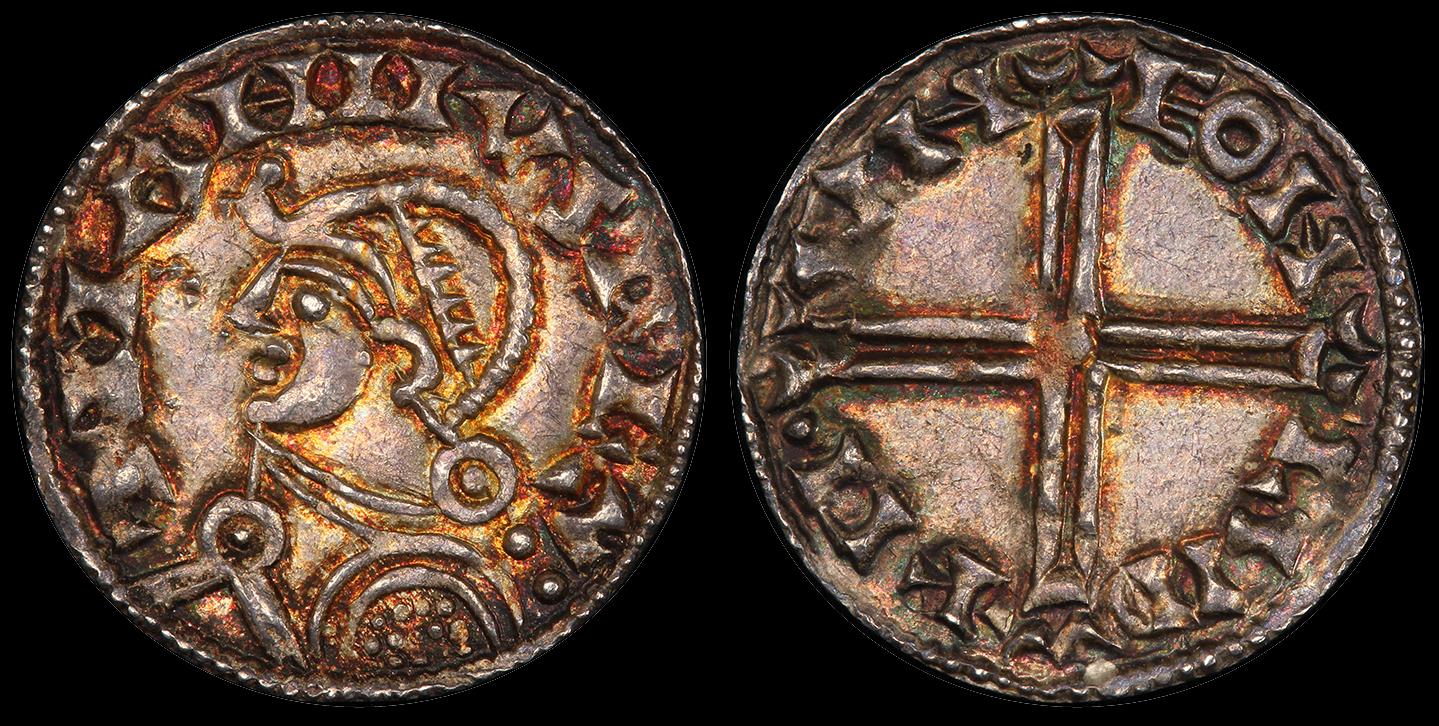
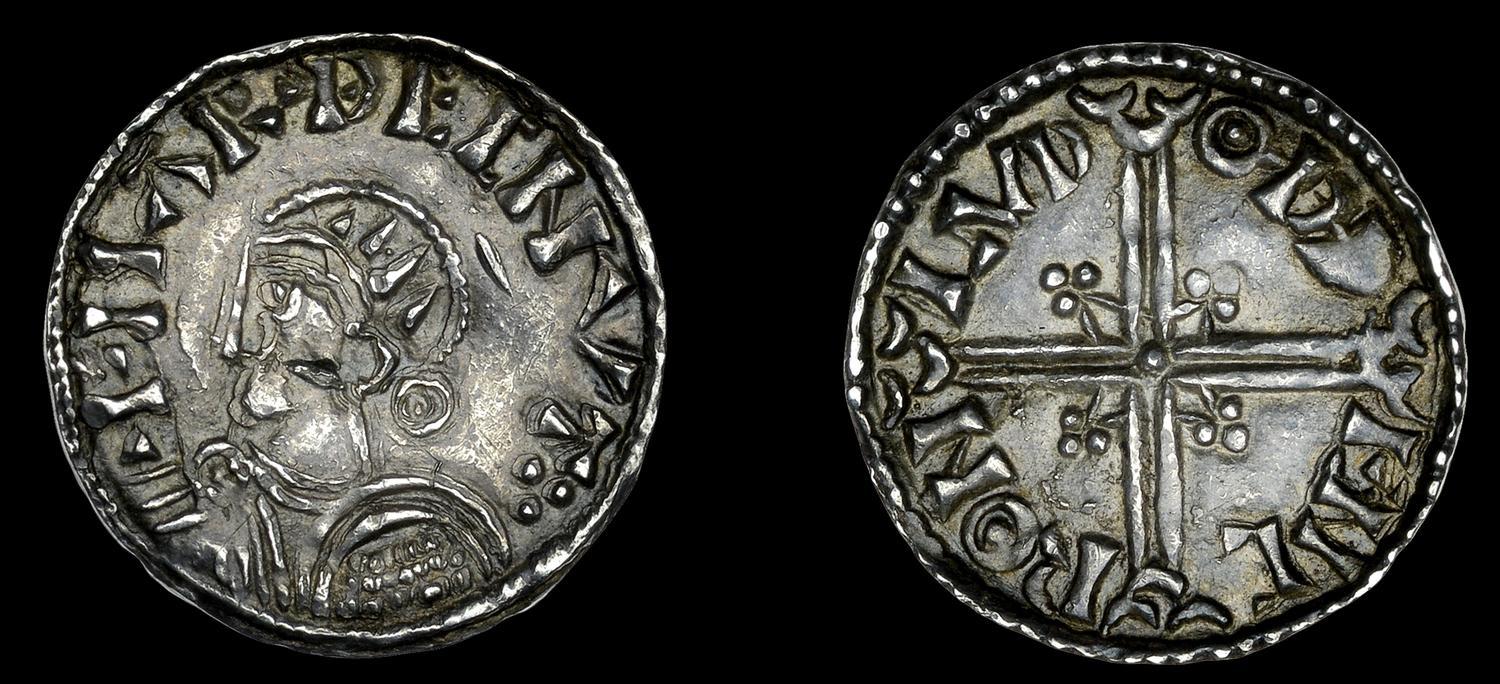
Harthacnut travelled to England with his mother. The landing at Sandwich on 17 June 1040, "seven days before Midsummer", was a peaceful one, though he had a fleet of 62 warships. Even though he had been invited to take the throne, he was taking no chances and came as a conqueror with an invasion force. The crews had to be rewarded for their service, and to pay them, he levied a geld of more than 21,000 pounds, a huge sum of money that made him unpopular, although it was only a quarter of the amount his father had raised in similar circumstances in 1017-1018.
Harthacnut had been horrified by Harold's murder of Alfred, and his mother demanded vengeance. With the approval of Harold's former councillors, his body was disinterred from its place of honour at Westminster and publicly beheaded. It was disposed of in a sewer, but then retrieved and thrown in the Thames, from which London shipmen rescued it and had it buried in a churchyard. Godwin, the powerful earl of Wessex, had been complicit in the crime as he had handed over Alfred to Harold, and Queen Emma charged him in a trial before Harthacnut and members of his council. The king allowed Godwin to escape punishment by bringing witnesses that he had acted on Harold's orders, but Godwin then gave Harthacnut a ship so richly decorated that it amounted to the wergild that Godwin would have had to pay if he had been found guilty. Bishop Lyfing of Worcester was also charged with complicity in the crime and deprived of his see, but in 1041 he made his peace with Harthacnut and was restored to his position.
The English had become used to the king ruling in council, with the advice of his chief men, but Harthacnut had ruled autocratically in Denmark, and he was not willing to change, particularly as he did not fully trust the leading earls. At first he was successful intimidating his subjects, though less so later in his short reign. He doubled the size of the English fleet from sixteen to thirty-two ships, partly so that he had a force capable of dealing with trouble elsewhere in his empire, and to pay for it he severely increased the rate of taxation. The increase coincided with a poor harvest, causing severe hardship. In 1041 two of his tax gatherers were so harsh in dealing with people in and around Worcester that they rioted and killed the tax gatherers. Harthacnut reacted by imposing a then-legal but very unpopular punishment known as 'harrying'. He ordered his earls to burn the town and kill the population. Very few people were killed, however, as they knew what was coming and fled in all directions.
The earl of Northumbria was Siward, but Earl Eadwulf of Bernicia ruled the northern part in semi-independence, a situation which did not please the autocratic Harthacnut. In 1041 Earl Eadwulf gave offence to the king for an unknown reason but then sought reconciliation. Harthacnut promised him safe conduct but then colluded in his murder by Siward, who became earl of the whole of Northumbria. The crime was widely condemned, and the Anglo-Saxon Chronicle described it as "a betrayal" and the king as an "oath-breaker".
Harthacnut was generous to the church. Very few contemporary documents survive, but a royal charter of his transferred land to Bishop Ælfwine of Winchester, and he made several grants to Ramsey Abbey. The 12th-century Ramsey Chronicle speaks well of his generosity and of his character.
Harthacnut had suffered from bouts of illness even before he became King of England. He may have suffered from tuberculosis, and he probably knew that he had not long to live. In 1041 he invited his half-brother Edward the Confessor (his mother Emma's son by Æthelred the Unready) back from exile in Normandy and probably made him his heir. He may well have been influenced by Emma, who hoped to keep her power by ensuring that one of her sons was succeeded by another. Harthacnut was unmarried and had no known children.
Harthacnut had been horrified by Harold's murder of Alfred, and his mother demanded vengeance. With the approval of Harold's former councillors, his body was disinterred from its place of honour at Westminster and publicly beheaded. It was disposed of in a sewer, but then retrieved and thrown in the Thames, from which London shipmen rescued it and had it buried in a churchyard. Godwin, the powerful earl of Wessex, had been complicit in the crime as he had handed over Alfred to Harold, and Queen Emma charged him in a trial before Harthacnut and members of his council. The king allowed Godwin to escape punishment by bringing witnesses that he had acted on Harold's orders, but Godwin then gave Harthacnut a ship so richly decorated that it amounted to the wergild that Godwin would have had to pay if he had been found guilty. Bishop Lyfing of Worcester was also charged with complicity in the crime and deprived of his see, but in 1041 he made his peace with Harthacnut and was restored to his position.
The English had become used to the king ruling in council, with the advice of his chief men, but Harthacnut had ruled autocratically in Denmark, and he was not willing to change, particularly as he did not fully trust the leading earls. At first he was successful intimidating his subjects, though less so later in his short reign. He doubled the size of the English fleet from sixteen to thirty-two ships, partly so that he had a force capable of dealing with trouble elsewhere in his empire, and to pay for it he severely increased the rate of taxation. The increase coincided with a poor harvest, causing severe hardship. In 1041 two of his tax gatherers were so harsh in dealing with people in and around Worcester that they rioted and killed the tax gatherers. Harthacnut reacted by imposing a then-legal but very unpopular punishment known as 'harrying'. He ordered his earls to burn the town and kill the population. Very few people were killed, however, as they knew what was coming and fled in all directions.
The earl of Northumbria was Siward, but Earl Eadwulf of Bernicia ruled the northern part in semi-independence, a situation which did not please the autocratic Harthacnut. In 1041 Earl Eadwulf gave offence to the king for an unknown reason but then sought reconciliation. Harthacnut promised him safe conduct but then colluded in his murder by Siward, who became earl of the whole of Northumbria. The crime was widely condemned, and the Anglo-Saxon Chronicle described it as "a betrayal" and the king as an "oath-breaker".
Harthacnut was generous to the church. Very few contemporary documents survive, but a royal charter of his transferred land to Bishop Ælfwine of Winchester, and he made several grants to Ramsey Abbey. The 12th-century Ramsey Chronicle speaks well of his generosity and of his character.
Harthacnut had suffered from bouts of illness even before he became King of England. He may have suffered from tuberculosis, and he probably knew that he had not long to live. In 1041 he invited his half-brother Edward the Confessor (his mother Emma's son by Æthelred the Unready) back from exile in Normandy and probably made him his heir. He may well have been influenced by Emma, who hoped to keep her power by ensuring that one of her sons was succeeded by another. Harthacnut was unmarried and had no known children.
Penny
Harthacnut
Main Coin Menu

VIEW ALL MENUS
Member NCMD
6. S. Menu
